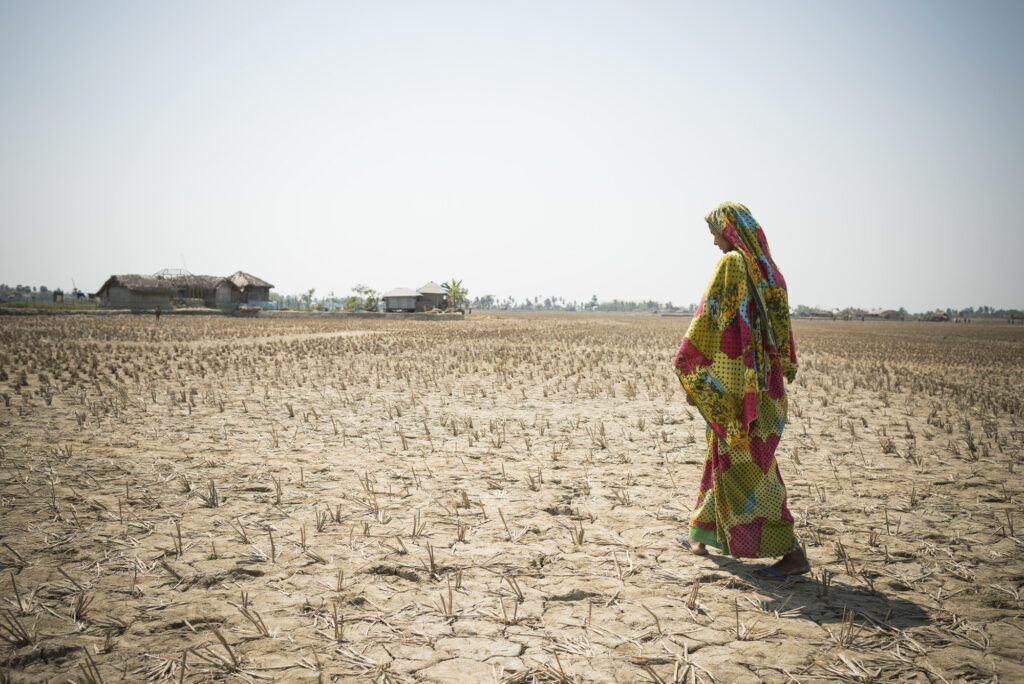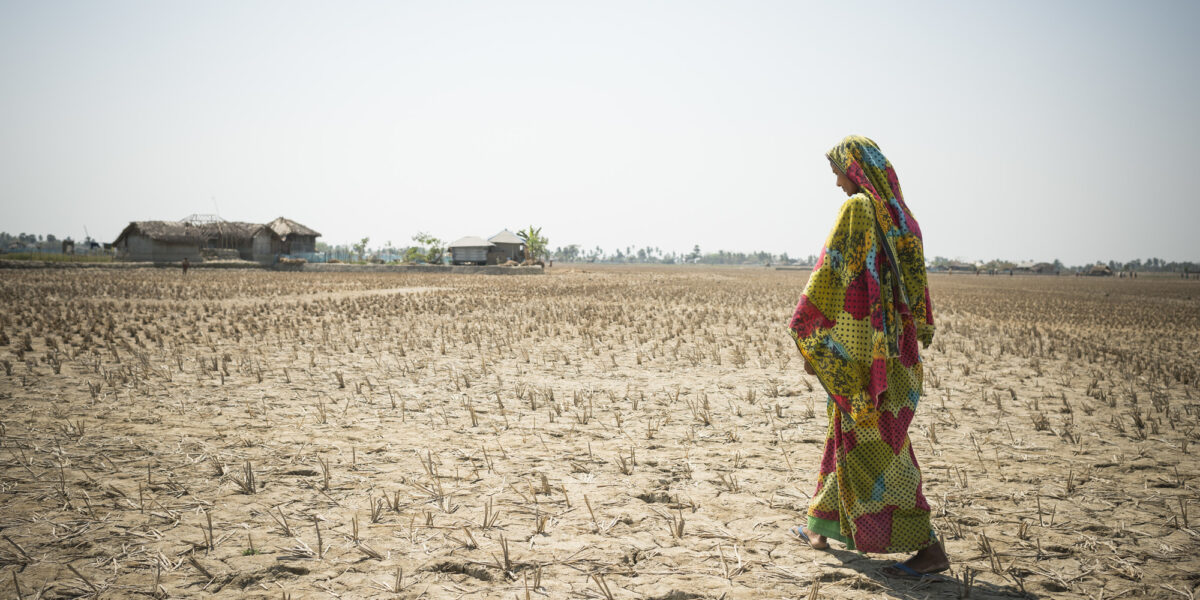Migration is a global reality. It has been a livelihood strategy for human beings on all continents for centuries. Climate change, environmental degradation and disasters are impacting human life around the world and reshaping contemporary migration dynamics. While migration has always been a strategy to adapt to changing conditions, more frequent and damaging extreme events are catalyzers of accelerated and increased, and in some cases decreased, decisions by people in climate-vulnerable areas to move. In a politicized context where climate-linked mobility is often instrumentalized with an alarmist rhetoric or as a security threat, adopting a nuanced and objective perspective is imperative.
Within this context, on January 22, 2024, Helvetas organized an insightful discussion on climate change and migration in Geneva in conjunction with the 14th Global Forum on Migration and Development (GFMD). This event explored the complex issue of climate change and human mobility, shifting the focus to a deeper and more systemic approach to identify practical measures contributing to inclusive and sustainable development.

Distinguished experts, academics and representatives from governments and NGOs, including Michelle Yonetani (UNHCR), Patricia Barandun (SDC), Lawrence Huang (Migration Policy Institute), Shakirul Islam (OKUP), and Rupa Mukerji (Helvetas) and Alte Solberg (PDD), gathered to unpack the complex relationship between the two phenomena.
Below are the five key takeaways from this insightful discussion:
- Climate migration reflects a nonlinear and complex relationship with diverse outcomes.
- A balanced narrative is needed to prevent fear and counterproductive actions towards migrants.
- Multistakeholder, participatory and integrated approaches are crucial, particularly with local communities since climate-linked mobility predominantly occurs internally.
- Migration as a climate adaptation strategy can enhance resilience, but requires supportive policies to avoid burdening migrants.
- It’s time to stop focusing on the problems, and to instead shape solutions that contribute to inclusive and sustainable development.
Building climate resilient pathways is one of Alliance2015’s impact goals The climate crisis has affected the most marginalized communities in countries where Alliance2015 is present, and it is only through building resilience and a long-term perspective humanitarian aid that the effects of the crisis can be mitigated.
You can read more about Aliance2015 work on the climate crisis here.
You can read more about the discussion Helvetas organized in Geneva here.


